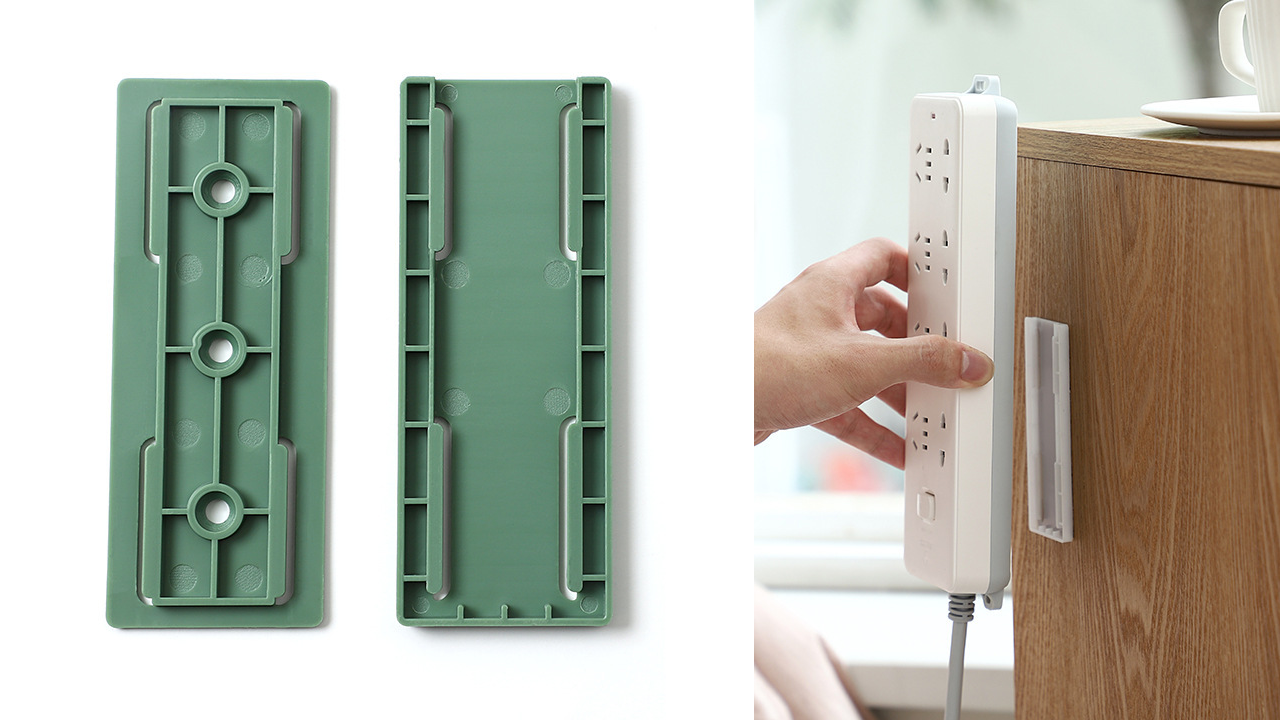The normal functioning of every organ and tissue in the body depends on the normal beating of the heart, and an arrhythmia may cause problems in every aspect of the body, and in severe cases may even lead to heart failure.

What are the details of the diet for patients with arrhythmias?
1. Limit foods high in fat and cholesterol
Patients should limit the intake of high-fat and high-cholesterol foods, such as animal offal, animal oil, eggs, crabs, etc. These foods can make the blood more viscous, thus affecting blood circulation and causing problems with the heart due to insufficient blood supply, and can even make arrhythmias more serious.
2. Eat less and eat more
Patients with arrhythmias also need to get into the habit of eating less and more often, because excessive hunger and overfeeding can increase the burden on the heart, especially if a large amount of food is consumed in a short period of time, which can easily lead to heart ischemia and hypoxia, making the original condition more serious.
3. Limit the intake of protein
Although protein is an essential nutrient for the human body, patients with arrhythmias should not consume too much of it. 1 to 1.5 grams of protein per kilogram of body weight per day is usually sufficient, or less than one gram per kilogram per day if heart failure and hypertension have developed.

4. Limit salt and water intake
Arrhythmias can easily lead to heart failure, resulting in oedema, so patients with arrhythmias combined with heart failure should strictly control salt and water intake, otherwise the burden on the heart will increase due to water and sodium retention, making the condition more serious.
5. Limit calorie intake
Patients should also strictly control their calorie intake. Patients with normal weight should consume 25-35 calories per kilogram of body weight per day, but if they are obese, the standard should be lowered because obesity will also put more pressure on the heart and make the original condition more serious.

Tips
Patients with arrhythmias should not only pay special attention to their diet, but also follow their doctor's instructions and take their medication on a regular basis, for example, drainage medication such as ronolactone or furosemide if they have oedema, and maintain a good mood, because when there are mood swings, blood pressure rises and the heart rate increases, which ultimately has a negative impact on the control of the condition. Patients should also not do overly strenuous exercise, low intensity exercise is appropriate, such as walking.
Popular Articles
-
Fitness Equipment | How to choose a suitable for their own yoga mat?

-

Photos
The world's most beautiful big cities at nightJul 01, 2025
-
 These pieces of home goodies, home essential artifacts, has been using a straight cool, home happiness burst
These pieces of home goodies, home essential artifacts, has been using a straight cool, home happiness burstJul 01, 2025
-

Photos
Keep your power sockets and air conditioner remote control well storedJul 01, 2025
-
 The world's most dinosaur-like lizards: Armadillo ring-tailed lizards
The world's most dinosaur-like lizards: Armadillo ring-tailed lizardsJul 01, 2025
-
 These are the top 4 causes of sunken nails to watch out for!
These are the top 4 causes of sunken nails to watch out for!Jul 01, 2025







Comments
0